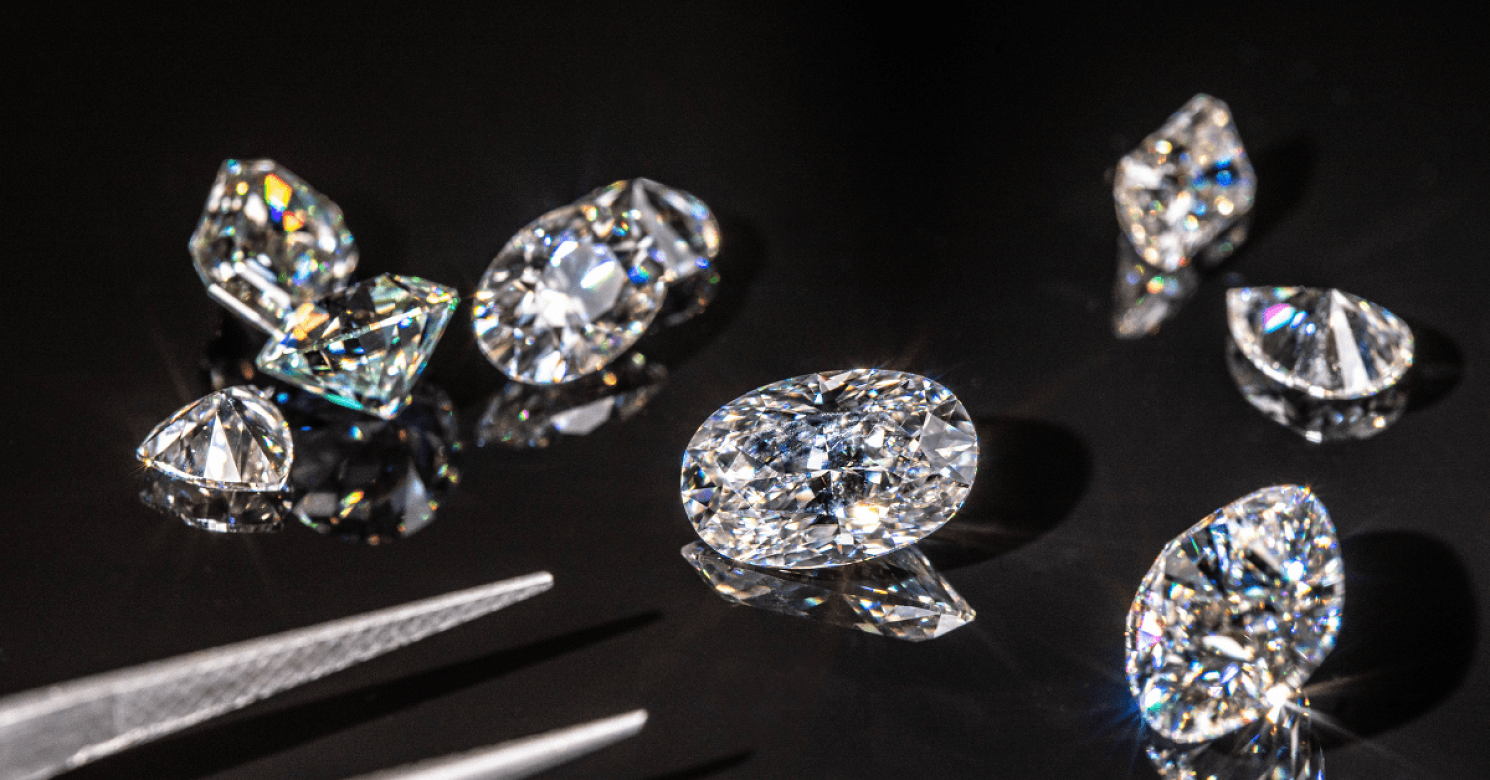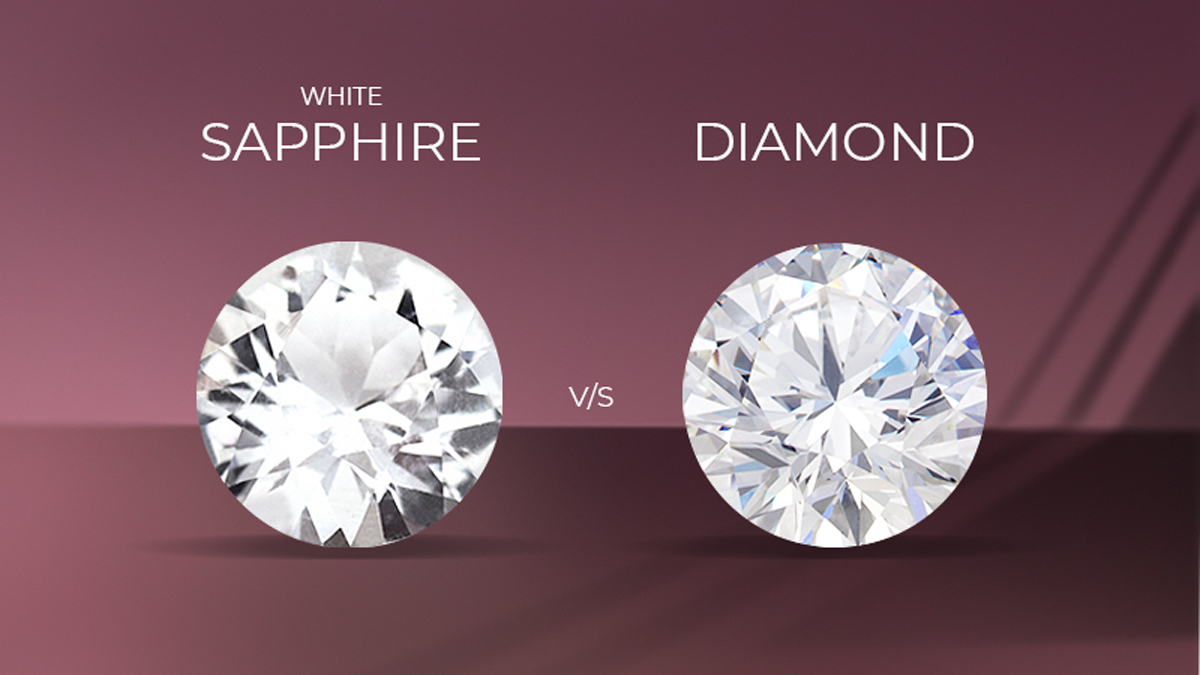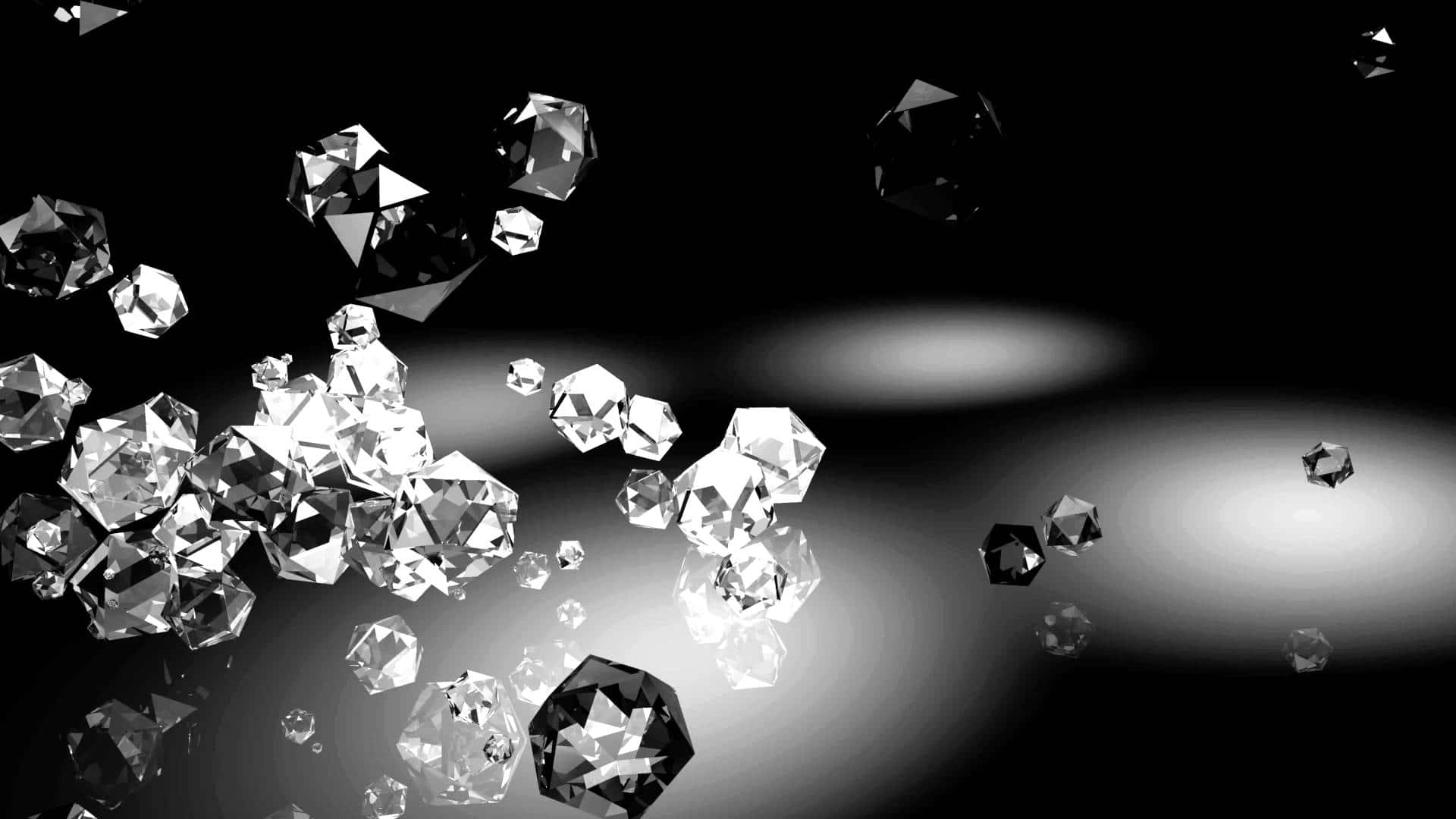IGI vs GIA: Which Diamond Certification Is Best for Lab Grown Diamonds?

When purchasing a lab grown diamond, one of the most crucial decisions you’ll make is choosing a reliable certification to ensure the quality and authenticity of the stone. IGI (International Gemological Institute) and GIA (Gemological Institute of America) are two of the most respected and recognized certification authorities in the diamond industry. Both institutions offer detailed reports on diamonds, including lab grown diamonds, but understanding their differences can help you make an informed decision about which one is best for you.
What Are IGI and GIA?
GIA (Gemological Institute of America)
Founded in 1931, the Gemological Institute of America (GIA) is one of the most prestigious and widely recognized names in the diamond industry. It is known for its highly rigorous grading standards and its pioneering work in developing the 4 Cs of diamonds: Cut, Color, Clarity, and Carat weight. GIA is considered the gold standard in diamond grading, and its certification is widely trusted by jewelers, retailers, and consumers alike.
IGI (International Gemological Institute)
The International Gemological Institute (IGI) is another prominent and respected diamond grading organization. Founded in 1975, IGI is known for providing accurate and reliable diamond certifications. It is particularly recognized for its expertise in grading lab grown diamonds, offering in-depth reports that match the quality standards of natural diamonds. IGI is widely recognized for its accessibility and comprehensive grading reports.
Lab Grown Diamonds and Certification
Lab-grown diamonds are becoming increasingly popular due to their ethical and sustainable nature, as well as their affordability. Just like mined diamonds, lab-grown diamonds are graded based on the 4 Cs, and reputable certification institutes like GIA and IGI play an essential role in assuring consumers of the quality and authenticity of their stones.
When it comes to lab-grown diamonds, both igi vs gia provide certification services. However, there are some key differences in their grading systems, reputation, and focus. Let’s take a closer look at how they compare.
IGI vs GIA: Diamond Grading and Certification Differences
1. Grading Process and Accuracy
Both GIA and IGI use highly detailed grading systems to assess diamonds, but there are differences in their grading processes:
- GIA Grading Process: GIA’s grading process is known for being highly consistent and rigorous. They use a systematic approach to assess each of the 4 Cs of the diamond, ensuring that the diamond is graded with the highest level of accuracy. GIA is especially known for its cut grading, where it employs a comprehensive and standardized method to determine the quality of the diamond’s cut, which directly impacts its brilliance. GIA uses sophisticated equipment and technology to assess diamonds, making it the preferred choice for those seeking the most thorough and unbiased certification.
- IGI Grading Process: IGI also uses a highly detailed grading process, but its reports are often seen as slightly more lenient than GIA’s in certain areas. While IGI is still recognized for providing accurate and reliable diamond certifications, some diamond experts believe that IGI’s grading can sometimes be less strict, particularly when it comes to the cut of the diamond. However, IGI’s grading process is still highly trusted, especially in the lab-grown diamond market, where it has made a significant impact.
2. Reputation and Trustworthiness
- GIA Reputation: The GIA is widely considered the gold standard when it comes to diamond grading. It is the most recognized and respected institution in the industry, and its certification is often considered the most authoritative and trusted by both jewelers and consumers. Many high-end jewelers and luxury brands only accept diamonds certified by GIA, especially in the case of natural diamonds, though their lab-grown diamond certifications are gaining traction as well. GIA’s reputation for precision, transparency, and consistency sets it apart as the preferred choice for those who want the highest level of confidence in their diamond purchase.
- IGI Reputation: IGI also has a solid reputation in the industry, but it is generally considered less prestigious than GIA. While IGI is highly respected, particularly in the lab-grown diamond sector, it does not carry the same weight as GIA when it comes to mined diamonds. However, IGI has built a strong reputation for its expertise in grading lab-grown diamonds, which has earned it trust within that niche market. IGI is a solid choice for those who are focused on lab-grown diamonds, but for those seeking the most prestigious certification, GIA is often preferred.
Looking for more better diamonds? Book a free site visit with Novita Diamonds today! Our experts will bring a selection of stunning diamonds to you, offering personalized advice and exclusive deals. No hidden fees, just a more better experience. Visit novitadiamonds.com.my now to schedule your consultation!
3. Certification Details and Clarity
- GIA Reports: GIA provides highly detailed reports that include information on the 4 Cs, as well as other important factors like fluorescence, measurements, and symmetry. Their reports are thorough, offering extensive information to buyers and allowing them to make well-informed decisions. GIA also provides a laser inscription on the diamond, ensuring it is traceable and identifiable.
- IGI Reports: IGI reports are also comprehensive, providing details on the diamond’s cut, clarity, color, and carat weight. However, IGI reports tend to be more concise than GIA’s, often including only the most essential information. IGI also offers laser inscriptions to ensure that the diamond’s certification can be verified, although some buyers may prefer the more detailed analysis offered by GIA.
4. Cost and Accessibility
- GIA Cost: GIA’s certification services are typically more expensive compared to IGI, due to the institute’s higher reputation and the rigorousness of its grading process. For many consumers, the cost of GIA certification is justified by the assurance of receiving the highest level of accuracy and transparency. However, for those looking for a more budget-friendly option, GIA may not always be the most affordable choice.
- IGI Cost: IGI tends to be more affordable than GIA, making it a popular choice for budget-conscious consumers. While IGI certifications may be slightly less expensive, they still offer reliable and accurate reports on lab-grown diamonds. For consumers seeking a solid certification without the higher price tag of GIA, IGI is a great alternative.
Which Certification is Right for You?
Choosing between GIA and IGI depends on your specific preferences, budget, and priorities when purchasing a lab-grown diamond.
- Choose GIA if you:
- Want the highest level of prestige and recognition in diamond certification.
- Prioritize rigorous and detailed grading with a focus on cut quality.
- Are purchasing a high-value or high-end lab-grown diamond and want the most trusted certification in the industry.
- Choose IGI if you:
- Are looking for an affordable yet reliable certification for your lab-grown diamond.
- Are focused on purchasing a lab-grown diamond and appreciate IGI’s expertise in this area.
- Want a certification that provides detailed information without the higher cost of GIA.
Conclusion
Both GIA and IGI provide highly reputable certifications for lab diamonds, with each offering its own strengths and advantages. GIA is the preferred choice for those seeking the highest level of prestige and a detailed, rigorous grading process, while IGI is an excellent option for those looking for a more affordable and accessible certification. Ultimately, the choice between IGI and GIA depends on your specific needs, budget, and preferences, but you can be confident that both institutes provide trustworthy and accurate assessments of lab-grown diamonds.






